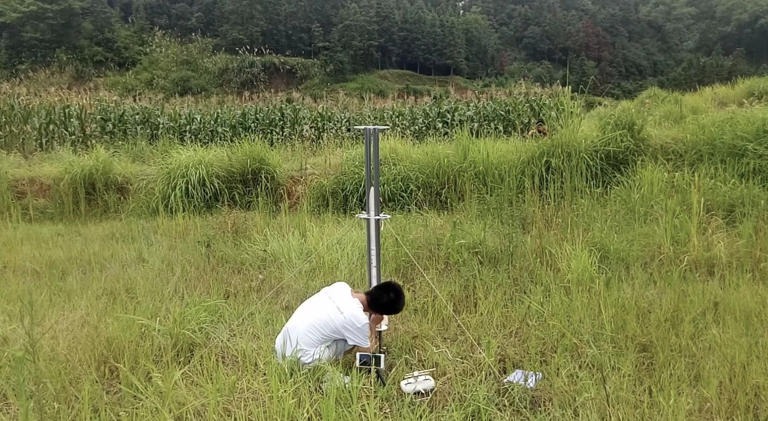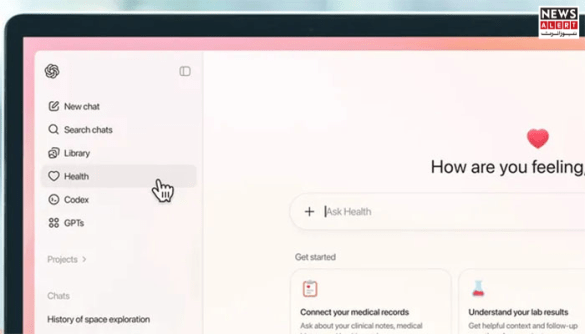A Dream Born from a Video
An 18-year-old Chinese student, Zhang Xiji, has achieved what many would consider impossible. Using little more than online tutorials, recycled materials, and sheer determination, he designed and launched a rocket that reached an altitude of 400 metres.
Zhang, who hails from a rural village in Hunan province, first developed an interest in rocketry at the age of 14. His inspiration came when he watched a live-streamed rocket launch with his father. That moment sparked a fascination that would eventually turn into years of hands-on experimentation.
Learning Through the Internet
Unlike students in major Chinese cities, Zhang did not have access to advanced laboratories or expert mentors. Instead, he turned to the internet. Platforms like Douyin, China’s version of TikTok, became his virtual classroom. There, he followed videos on rocket design, propulsion, and engineering fundamentals.
These online resources not only fueled his curiosity but also offered practical guidance. Over time, Zhang absorbed enough knowledge to start building prototypes in his backyard.
Building Rockets with Household Materials
Working with limited resources, Zhang displayed remarkable ingenuity. He fashioned rocket engines from PVC pipes, cement, and parts of an old laptop. To make fuel, he extracted nitrates from animal waste, combining them with sugar and water.
His first few attempts failed—either the rocket did not ignite properly or it exploded before liftoff. However, Zhang refused to give up. He taught himself 3D modeling and saved up to buy a second-hand 3D printer. With it, he refined his rocket designs and gradually improved the performance of his prototypes.
From Setbacks to Breakthroughs
In 2023, Zhang attempted his first official rocket launch. Heavy rain caused the test to fail. Yet, instead of losing confidence, he tried again the next day—and succeeded. Over the following months, he conducted more than 100 experiments.
His persistence paid off. He eventually designed four types of rocket engines, several single-stage rockets, and even a two-stage rocket. One of these launches achieved a vertical flight of 400 metres—a remarkable accomplishment for a self-taught teenager with no formal training.
Support from School and Family
Zhang’s school recognized his determination and offered him both moral and financial support. He received a grant of 3,500 yuan (about USD 480), along with a designated area on campus for his experiments. His family, too, provided encouragement, despite the risks and uncertainties involved in rocket testing.
This support network allowed Zhang to push forward and refine his skills. His achievements have now earned him admission to the Shenyang Aerospace University, where he is beginning studies in aerospace engineering.
A Future in Rocket Science
China has invested heavily in space exploration in recent years, with milestones such as its lunar missions and the construction of the Tiangong space station. For young people like Zhang, this national momentum offers inspiration and opportunity.
His ultimate dream is to design a real, fully functional rocket capable of space flight. While that goal remains distant, his story has already become an example of how passion, perseverance, and access to digital knowledge can bridge gaps in formal education.
Inspiration for a New Generation
Zhang’s journey highlights the growing role of the internet in empowering self-learners worldwide. It also shows how curiosity-driven experimentation can lead to genuine breakthroughs, even without sophisticated laboratories.
For many in rural China and beyond, his success is a reminder that scientific achievement is not confined to elite institutions. With determination, resourcefulness, and access to online knowledge, even a teenager from a small village can dream of reaching the stars.















